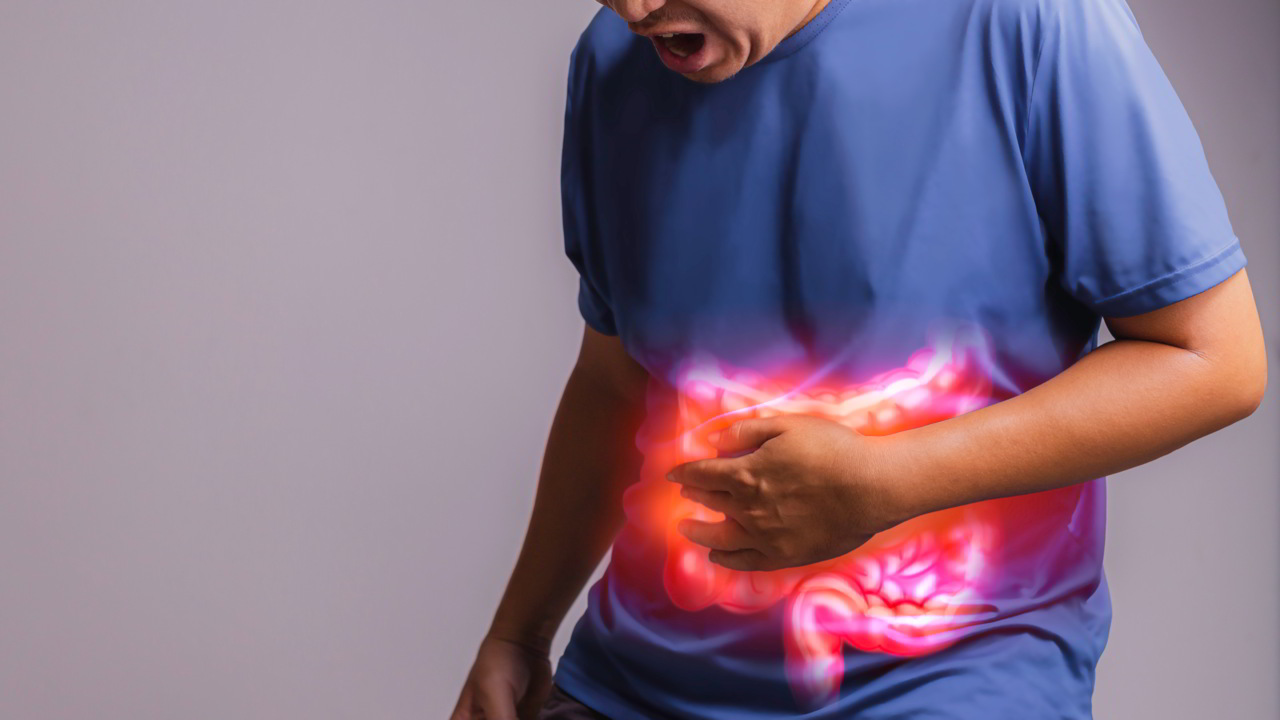
Gastro-intestinal, often abbreviated as GI, encompass a wide range of medical conditions that affect the gastrointestinal (GI) tract, which includes the organs responsible for digestion and processing of food. They can impact various parts of the digestive system, such as the esophagus, stomach, small intestine, large intestine (colon), rectum, liver, gallbladder, and pancreas.
Benefits:
- Relaxation in abdominal pain and discomfort
- Relief in inflammation of the esophagus and the intestine
- Better digestion
- Prevents constipation
- Relief in bloating
GERD (acidity)
GERD stands for Gastroesophageal Reflux Disease. It’s a chronic digestive disorder where stomach acid frequently flows back into the esophagus. This reflux of stomach acid can irritate the lining of the esophagus, causing symptoms such as heartburn, chest pain, difficulty swallowing, regurgitation of food or sour liquid, and sometimes a chronic cough or hoarseness.
Chronic Constipation
Chronic constipation refers to a persistent condition where an individual experiences infrequent bowel movements or difficulty passing stools for an extended period. It involves symptoms such as straining during bowel movements, hard or lumpy stools, a sensation of incomplete evacuation, abdominal discomfort, bloating, and sometimes pain. This condition can be caused by various factors including inadequate fiber intake, dehydration, lack of physical activity, certain medications, underlying medical conditions, or neurological issues.
Gastritis
Gastritis refers to the inflammation, irritation, or erosion of the lining of the stomach caused by various factors such as excessive alcohol consumption, prolonged use of painkillers, bacterial infections, stress, or autoimmune disorders. Symptoms of gastritis can include stomach pain or discomfort, nausea, vomiting, indigestion, bloating, and a feeling of fullness in the upper abdomen.
Acid Peptic Disease
It is a group of conditions characterized by an imbalance between the stomach acid secretion and the protective mechanisms of the stomach and intestinal lining. This imbalance can result in damage or erosion of the mucosal lining, leading to various other conditions.
Acid Peptic Disease
Mild colitis refers to a less severe form of inflammation affecting the colon (large intestine). Colitis itself signifies inflammation of the colon and can be caused by various factors such as infections, autoimmune diseases (like ulcerative colitis), or inflammatory bowel diseases.
Mild Colitis
Flatulence is a normal bodily process that occurs when gas accumulates in the stomach or intestines as a byproduct of the digestive process. The gas in flatulence consists primarily of gases produced during the breakdown of food by bacteria in the colon and small amounts of swallowed air. Excessive or persistent flatulence, along with other symptoms like abdominal pain, bloating, or changes in bowel habits, may sometimes indicate an underlying gastrointestinal issue that requires attention.
Irritable bowel Syndrome
IBD refers to a group of chronic inflammatory conditions that affect the gastrointestinal (GI) tract. The two primary types of IBD are Crohn’s disease and ulcerative colitis.
It causes inflammation that can affect any part of the digestive tract, from the mouth to the anus. However, it most commonly occurs at the end of the small intestine (ileum) and the beginning of the large intestine (colon). It can cause inflammation deep within the layers of the bowel wall, leading to symptoms such as abdominal pain, diarrhea, fatigue, weight loss, and sometimes complications like strictures or fistulas.

